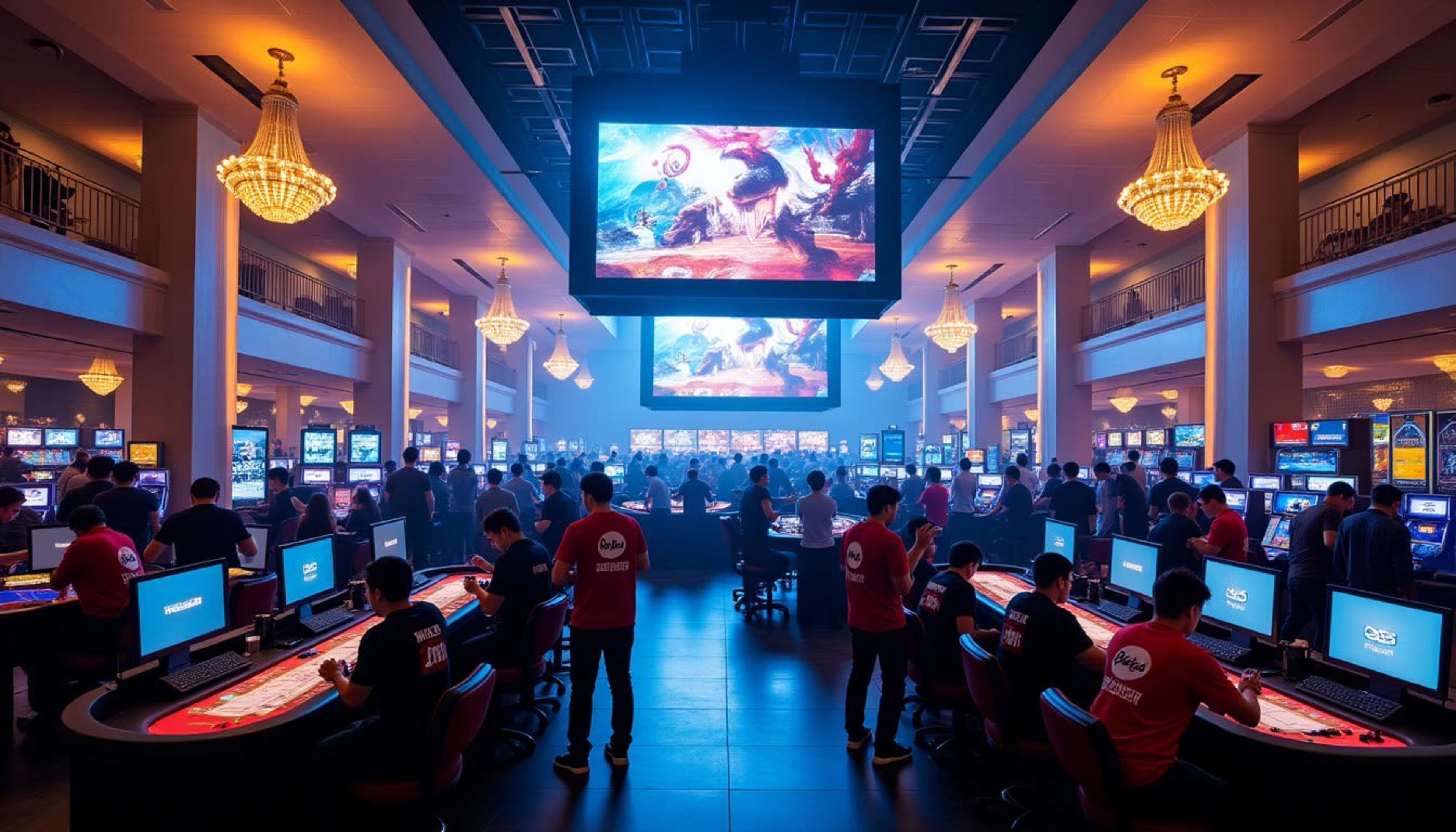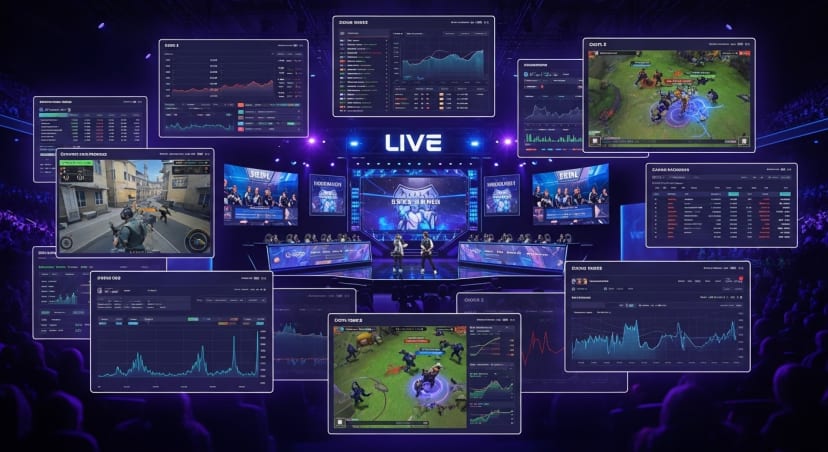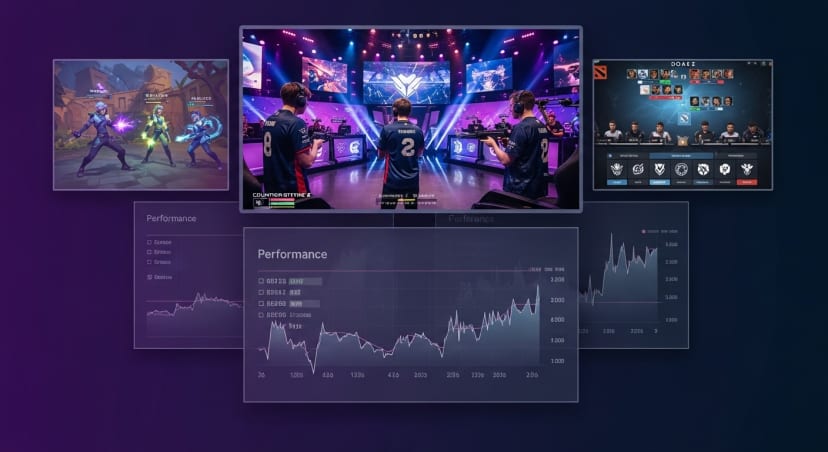Team Liquid Exits Smash: Esports Scene in Flux

Recommended casinos
Team Liquid’s recent departure from the Super Smash Bros. Ultimate competitive scene marks a significant turning point in the world of esports. This development not only closes a chapter for one of the most recognizable names in competitive gaming but also raises questions about the future direction of Smash tournaments.
Key Takeaways
- Team Liquid’s exit signals a major shift in the competitive Super Smash Bros. scene.
- Veteran player Dabuz, known for his consistent top-16 finishes at major tournaments, departs after a six-year tenure.
- Economic challenges and a shrinking fanbase are reshaping the landscape of Smash esports.
A Shifting Landscape in Super Smash Bros. Esports
The competitive arena for Super Smash Bros. has never been static, but recent events have underscored an era of transformation. With the departure of Team Liquid, one of the industry’s powerhouses, the esports community is witnessing the impact of organizational shifts. In 2024, the Smash scene peaked at over 108,000 viewers with a cumulative prize pool exceeding $395,000 across 92 tournaments, underlining how vibrant the tournament circuit once was. However, as many organizations begin releasing Smash players amid a dwindling fanbase and lower prize pools, the competitive framework is under intense scrutiny.
Dabuz's Impact and Team Legacy
Dabuz, affectionately known as the "King of New York," has long been a cornerstone in Team Liquid’s journey since he joined the team six years ago via a simple friend request. His consistent performances and frequent top-16 finishes have earned him a cherished place in the competitive community. It was Hungrybox, a strategic mastermind in assembling high-caliber teams, who had originally built the Super Smash Bros. Ultimate roster for Team Liquid. The evolution of this team and Dabuz’s deep-rooted influence illustrate how organizational legacies are built and challenged in esports. An in-depth perspective on these changes is reflected in Team Liquid's remarkable evolution.
Economic and Competitive Challenges Ahead
Beyond the immediate impact on team rosters, the departure reflects broader economic challenges facing Smash esports. The shrinking fanbase and reducing prize pools have prompted tough decisions across the board. There are growing concerns that the upcoming Smash 6 may not deliver a rejuvenated competitive scene—a sign that the sector must adapt to sustain its relevance. As the industry grapples with economic pressures and evolving viewer expectations, stakeholders and fans alike are left pondering the future of Super Smash Bros. esports.
The shifting dynamics call for a reassessment of strategic priorities and a renewed focus on delivering value to both players and audiences. The seismic changes in team lineups and market conditions underscore the need for innovation to revitalize the sport and restore confidence among competitive enthusiasts.








